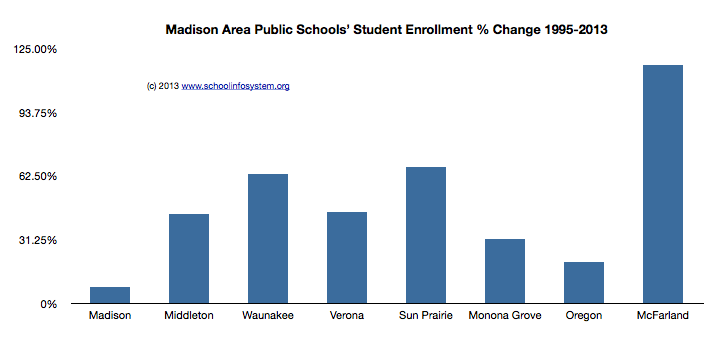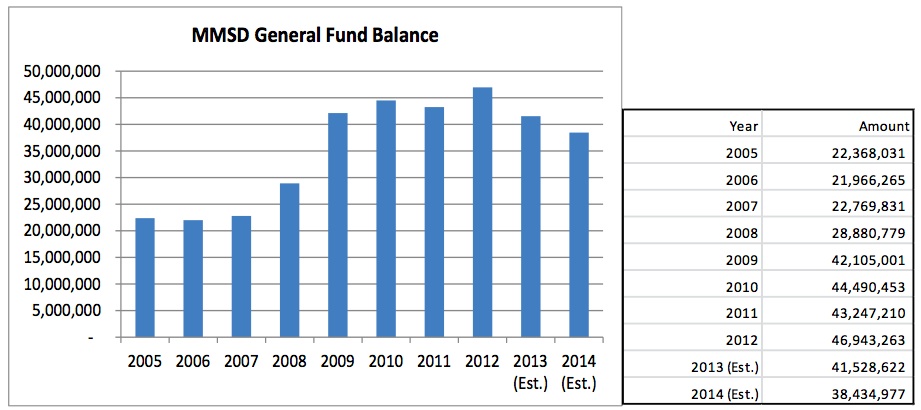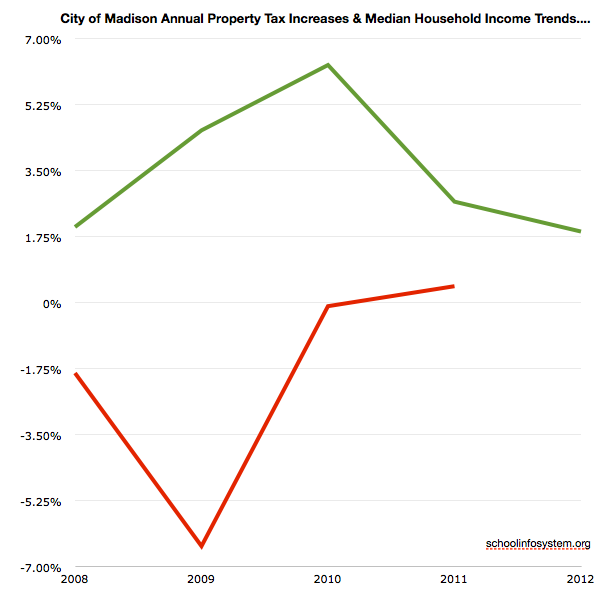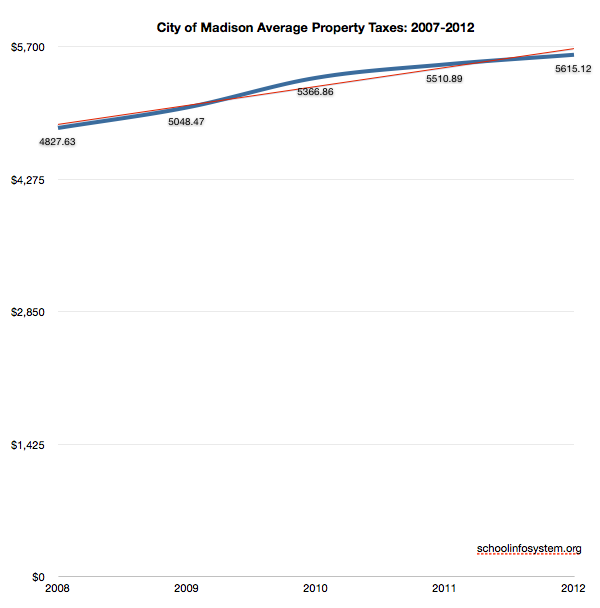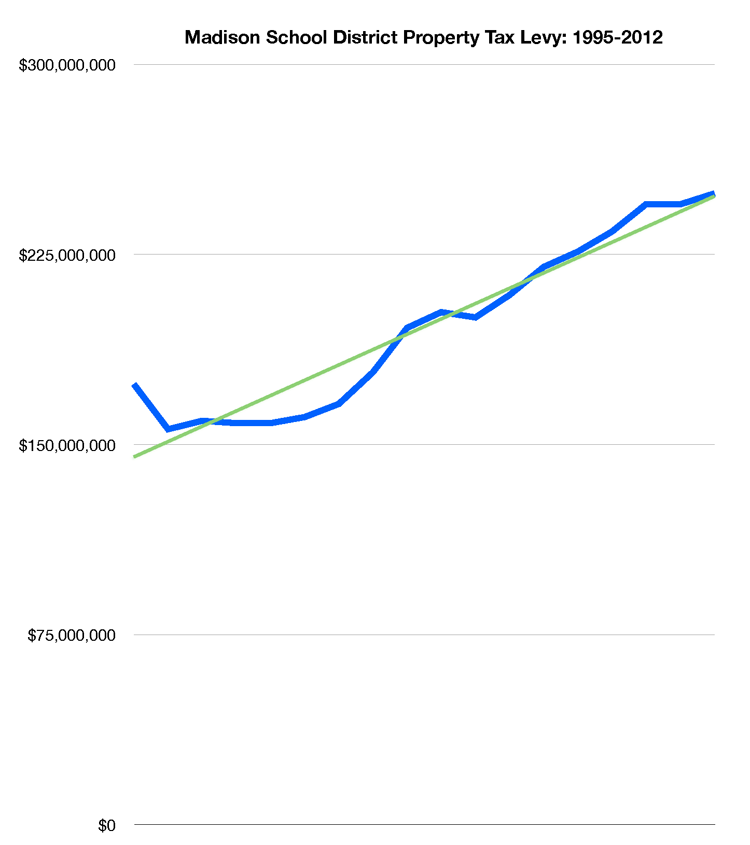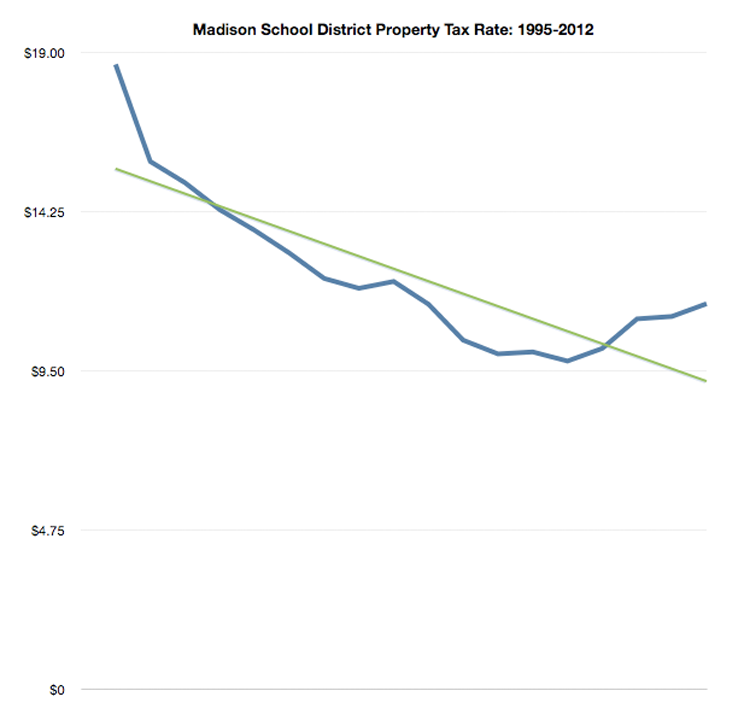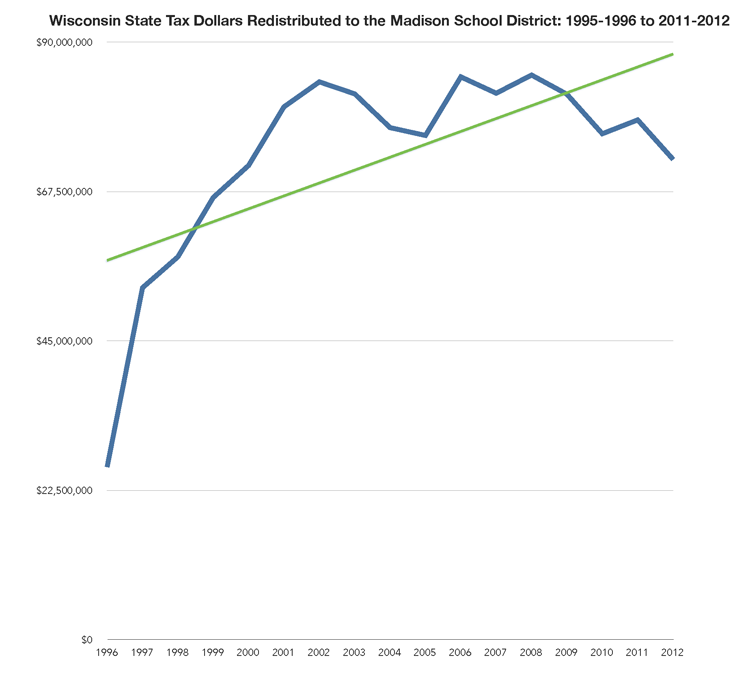Upon the death of the Marxist-inspired historian Howard Zinn in 2010, eulogies rang out from coast to coast calling him a heroic champion of the unsung masses. In Indiana, then-Gov. Mitch Daniels refused to join the chorus and instead sent emails to his staff wondering if the historian’s “execrable” books were being force-fed to Hoosier students. The recent revelation of these emails provoked an angry backlash.
High-school teachers within Zinn’s vast network of admirers blogged their disapproval of the governor’s heresy, and leading professional organizations of historians denounced the supposed threat to academic freedom. At Purdue University, where Mr. Daniels now serves as president, 90 faculty members hailed Zinn as a strong scholarly voice for the powerless and cast the former governor as an enemy of free thought.
An activist historian relentlessly critical of alleged American imperialism, Zinn managed during his lifetime to build an impressive empire devoted to the spread of his ideas. Even after his death, a sprawling network of advocacy and educational groups has grown, giving his Marxist and self-described “utopian” vision a wider audience than ever before.
Zinn’s most influential work, A People’s History of the United States, was published in 1980 with an initial print run of 4,000 copies. His story line appealed to young and old alike, with the unshaded good-guy, bad-guy narrative capturing youthful imaginations, and his spirited takedown of “the Man” reminding middle-aged hippies of happier days. Hollywood’s love for Zinn and a movie tribute to his work has made him even more mainstream. As his acolytes have climbed the rungs of power, still seeking revolution, A People’s History has increased in popularity. To date, it has sold 2.2 million volumes, with more than half of those sales in the past decade.
In Zinn’s telling, America is synonymous with brute domination that goes back to Christopher Columbus. “The American system,” he writes in A People’s History, is “the most ingenious system of control in world history.” The founding fathers were self-serving elitists defined by “guns and greed.”
For Americans stuck in impoverished communities and failing schools, Zinn’s devotion to history as a “political act” can seem appealing. He names villains (capitalists), condemns their misdeeds, and calls for action to redistribute wealth so that, eventually, all of the following material goods will be “free–to everyone: food, housing, health care, education, transportation.” The study of history, Zinn taught, demands this sort of social justice.
Schools with social-justice instruction that draw explicitly on Zinn are becoming more common. From the Social Justice Academy outside of San Francisco to the four campuses of the Cesar Chavez Public Charter Schools for Public Policy, in Washington, D.C., social-justice academies relate their mission mainly in terms of ideological activism. At UCLA’s Social Justice Academy, a program for high-school juniors, the goal is that students will “develop skills to take action that disrupts social justice injustices.”
While social-justice instruction may sound to some like it might be suited to conflict resolution, in practice it can end up creating more discord than it resolves. Several years ago, the Ann Arbor, Michigan, public schools faced complaints from the parents of minority students that the American history curriculum was alienating their children. At a meeting of the district’s social-studies department chairs, the superintendent thought that he had discovered the cure for the divisions plaguing the school system. Holding up a copy of A People’s History, he asked, “How many of you have heard of Howard Zinn?” The chairwoman of the social studies department at the district’s largest school responded, “Oh, we’re already using that.”
Zinn’s arguments tend to divide, not unite, embitter rather than heal. The patron saint of Occupy Wall Street, Zinn left behind a legacy of prepackaged answers for every problem–a methodology that progressive historian Michael Kazin characterized as “better suited to a conspiracy-monger’s website than to a work of scholarship.”
Yet despite the lack of hard evidence in three-plus decades that using A People’s History produces positive classroom results, a number of well-coordinated groups recently have been set up to train teachers in the art of Zinn. Founded five years ago out of a partnership between Rethinking Schools and Teaching for Change, the Zinn Education Project offers more than 100 lesson plans and teachers’ guides to Zinn’s books, among a variety of other materials, including “Beyond Heroes and Holidays: A Practice Guide to K-12 Anti-Racist, Multicultural Education and Staff Development.” Already, the project claims to have enlisted 20,000 teachers in its efforts.
Before Zinn launched his own teaching career, he became a member of the Communist Party in 1949 (according to FBI reports released three years ago), and worked in various front groups in New York City. Having started his academic career at Spelman College, Zinn spent the bulk of it at Boston University, where on the last day before his retirement in 1988 he led his students into the street to participate in a campus protest.
Today, Boston University hosts the Howard Zinn Memorial Lecture Series, and New York University (Zinn’s undergraduate alma mater) proudly houses his academic papers. In 2004 Zinn was awarded an honorary doctorate by the University of Havana, an occasion he took to excoriate the lack of academic freedom in America. As recently as 2007, A People’s History was even required reading at the U.S. Coast Guard Academy for a class on “Leaders in America.”
Thanks in part to an endorsement from the character played by Matt Damon in 1997’s “Good Will Hunting,” Zinn’s magnum opus has also turned into a multimedia juggernaut. Actor Ben Affleck (like Mr. Damon, a family friend of Zinn’s), and musicians Bruce Springsteen, Bob Dylan, Willie Nelson, Eddie Vedder and John Legend all have publicly praised Zinn. A History Channel documentary produced by Mr. Damon, “The People Speak,” featured Hollywood A-listers Morgan Freeman, Viggo Mortensen, Kerry Washington and others reading from Zinn’s books. There are “People’s Histories” on topics including the American Revolution, Civil War, Vietnam and even science. Zinn die-hards can purchase a graphic novel, A People’s History of American Empire, while kids can pick up a two-volume set, A Young People’s History of the United States (wall chart sold separately).
In 2005, as a guest on Comedy Central’s “The Daily Show,” Zinn delivered his standard wholesale condemnation of America. Surprised by the unrelenting attack, host Jon Stewart gave the historian an opportunity to soften his criticism. “We have made some improvements,” the comedian asked, “in our barbarity over three hundred years, I would say, no?” Zinn denied there was any improvement.
As classes resume again this fall, it is difficult not to think that despite the late historian’s popularity, our students deserve better than the divisive pessimism of Howard Zinn.
Mr. Bobb, director of the Hillsdale College Kirby Center for Constitutional Studies and Citizenship, in Washington, D.C., is author of Humility: An Unlikely Biography of America’s Greatest Virtue, forthcoming from Thomas Nelson.
A version of this article appeared August 12, 2013, on page A17 in the U.S. edition of The Wall Street Journal, with the headline: “Howard Zinn and the Art of Anti-Americanism.”
